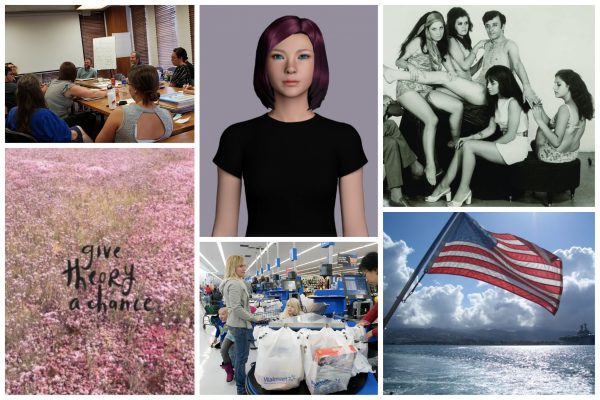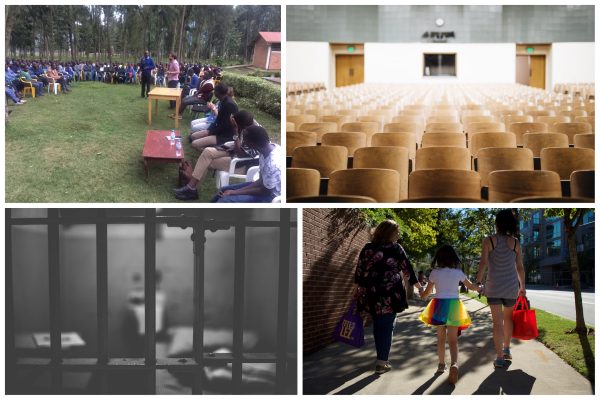
This week we round up research on the how memories of Pearl Harbor are constructed and used, and consider how job quality is stratified by race in the service sector. Plus, excellent content from our partner and community pages.
There’s Research on That:
Shifting Memories and Meanings of Pearl Harbor by Jillian LaBranche. On the anniversary of Pearl Harbor we rounded up research on how memories of this historical event were constructed then, and now, to serve political ends.
Discoveries:
Race and Racism in Service Sector Work by Daniel Cueto-Villalobos. We cover new research that shows that non-white workers are more likely to have inflexible and unpredictable working conditions in the service sector.
From Our Partners:
Council on Contemporary Families:
Research reports: Defining Sexual Consent on Campus: Media vs. Policies by Elizabeth A. Armstrong, Sandra Levitsky, Kamaria Porter, Miriam Gleckman-Krut, Elizabeth Chase, and Jessica Garrick
From Our Community Pages:
- Cyborgology explores relationships with AI.
- Center for Holocaust and Genocide Studies considers potential changes to social studies education to include discussion of Indigenous genocide, and how queer lives endured in post-genocidal Turkey.
- Give Theory A Chance is joined by Neil Gong to discuss Norbert Elias.








